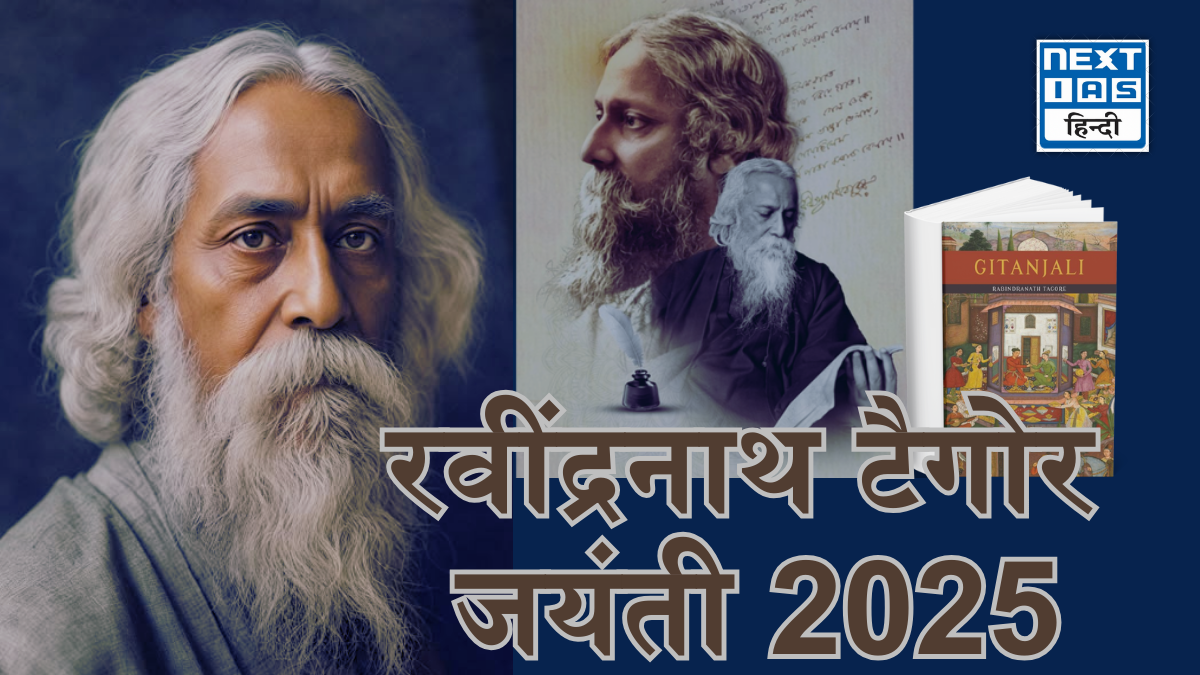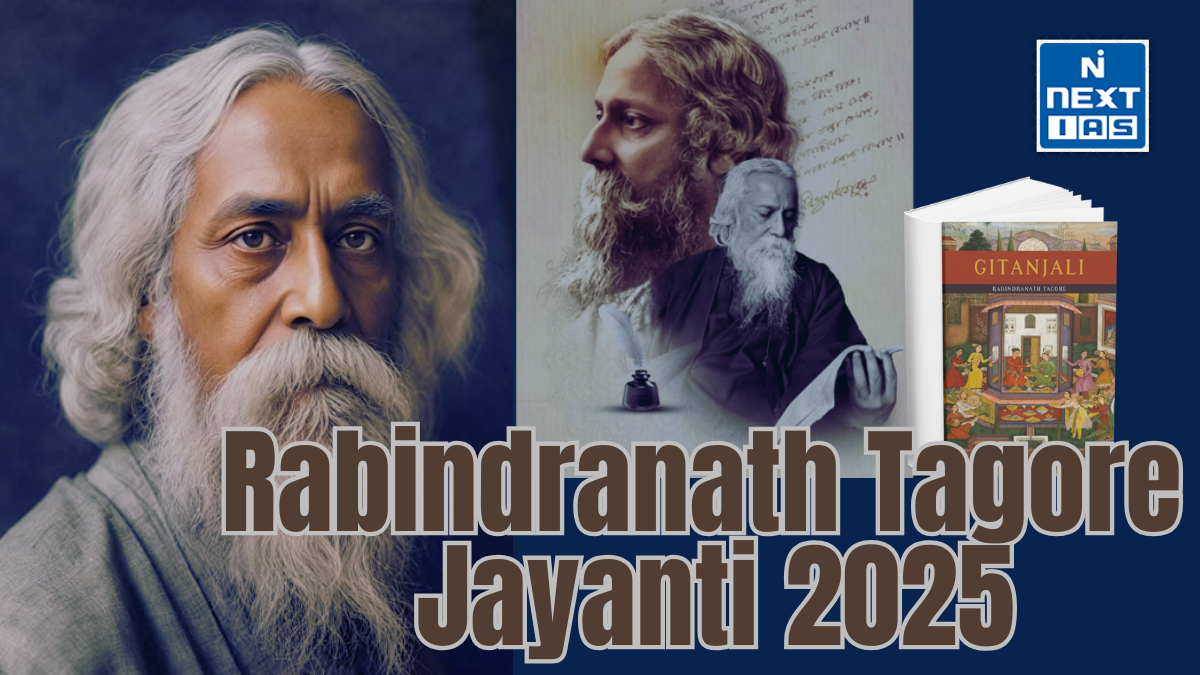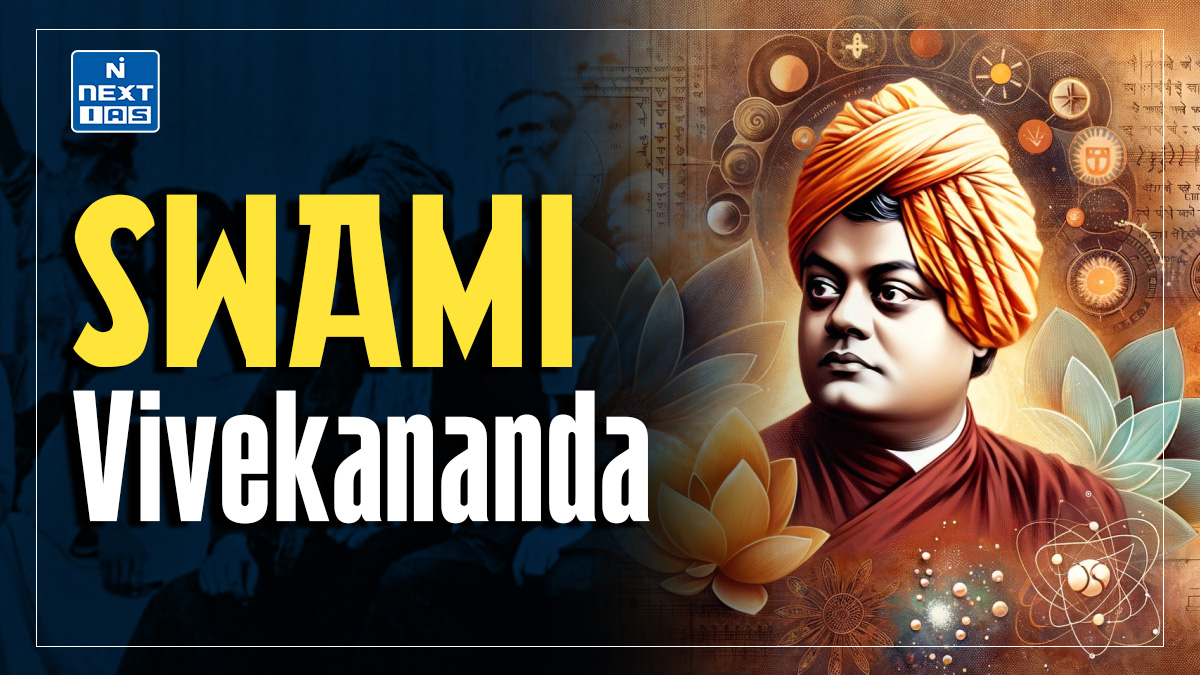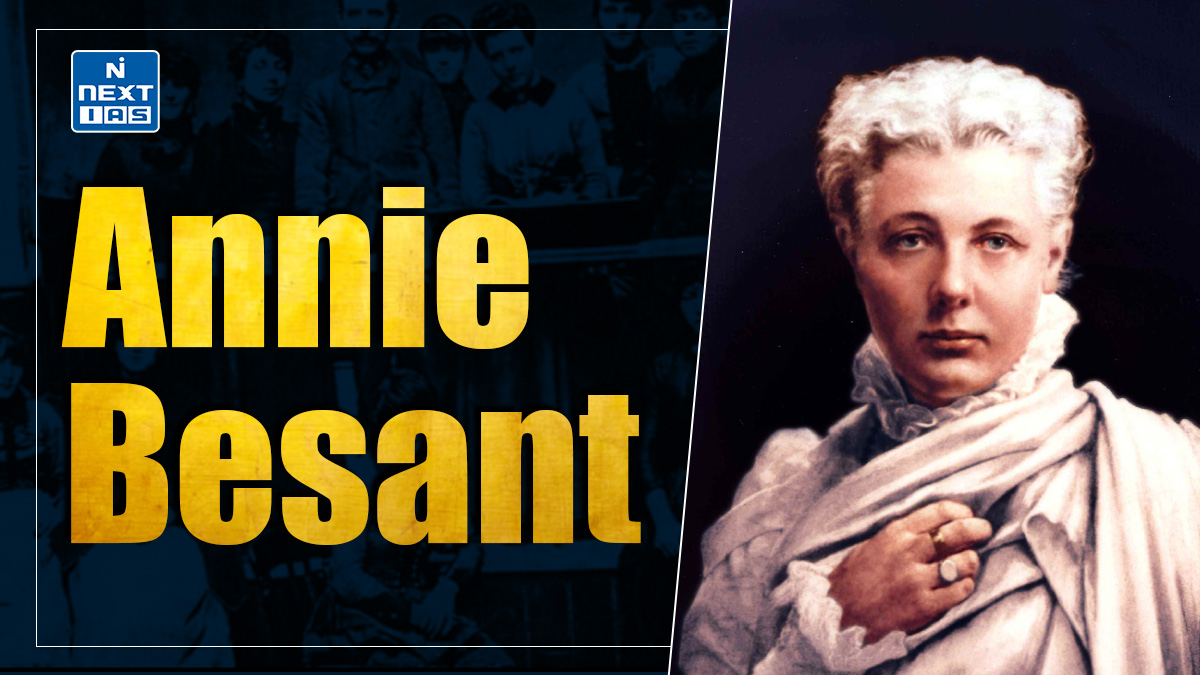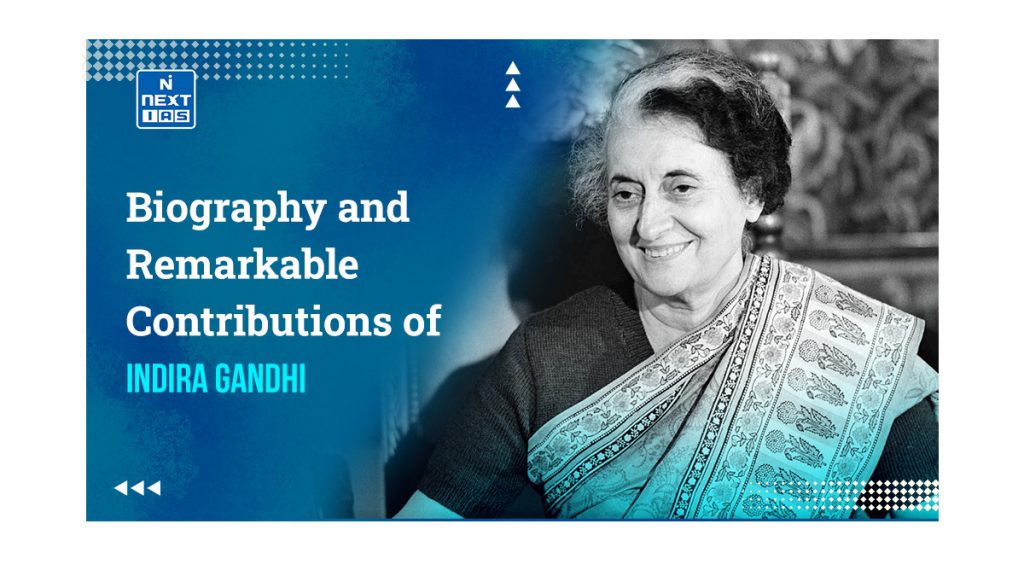
Indira Gandhi, also known as Indira Priyadarshini Gandhi, was the first female Prime Minister of India. She is the only female Prime Minister of India till date and the 2nd-longest serving prime minister of India, serving 4 tenures during 1967-1984. Todays, growth in certain sectors like banking etc. reflects the contributions of Indira Gandhi. This article aims to provide a comprehensive overview of the Biography and Remarkable Contributions of Indira Gandhi.
Glimpse of Indira’s Life
- Indira Gandhi, a daughter of Pt. Nehru was born on November 19, 1917.
- After completing her school and university education, she went on to receive a doctorate degree. She also received the Columbia University Citation of Distinction.
- On March 26, 1942, she married Firoz Gandhi, with whom she had two sons – Rajeev Gandhi and Sanjay Gandhi.
- In 1955, Indira Gandhi joined the Congress Working Committee and participated in the party’s Central Election.
- She served on the Central Parliamentary Board of Congress in 1958. She presided over Women’s Department of All India Congress Committee and National Integration Council of the All India Youth Congress in 1956.
- In 1959, she was elected as the President of Indian National Congress, a position she held until 1960 and then again in January 1978.
- From 1964-1966, Indira Gandhi served as the Minister of Information and Broadcasting. From January 1966 to March 1977 and again from 14 January 1980 – 31 October 1984, she served as the Prime Minister of India.
- She took over as Chair of the Planning Commission in January 1980.
Contributions of Indira Gandhi in India’s National Movement
- Indira Gandhi actively participated in India’s freedom struggle.
- The contributions of Indira Gandhi in the freedom struggle had made a wide impact by making awareness of the children and the youths of the country.
- For instance, in 1930, she organized “Bal Charkha Sangh” and “Vanar Sena” comprising of young children to support Civil Disobedience Movement.
Her First Stint as the Prime Minister
- Indira Gandhi assumed the position of the Prime Minister of India on 24 January, 1966 following the unexpected death of Shastriji.
- She was elected to the Lok Sabha in 1967.
- She was expelled from Congress in 1969 as a result of growing tensions within the party. Following her expulsion, she organized the “New” Congress Party, as a splinter group within the Congress, with support of most party members.
- The New Congress group achieved a landslide victory by defeating a coalition of conservative parties in the 1971 Lok Sabha elections.
- After gaining a strong majority in the Lok Sabha, Gandhi extended her strong support for the cause of East Pakistan, which led to formation of a new country called Bangladesh.
- India’s victory over Pakistan and creation of Bangladesh gave her a soaring popularity. As a result, in March 1972, her party won a significant number of state elections.
- This is because of certain problems, Indira Gandhi is no longer prime minister.
- However, during this tenure the contributions of Indira Gandhi mad an impact on the people of India.
Fall from Power and Return to Office
- On 25 June 1975, Gandhi imposed national emergency on the ground of internal disturbance, which went on till 21 March 1977. This decision to impose an emergency was largely viewed as politically motivated, as a result she had to face a strong and widespread public opposition post-1977.
- She and her party were decisively defeated in the much-anticipated national parliamentary elections in 1977, and she had to resign from the office.
- In early 1978, Gandhi and her supporters formally split from the Congress Party and formed Congress (I) Party (the “I” standing for Indira).
- She was imprisoned during the period of October 1977–December 1978 on the charges of corruption However, post her release from the jail, Gandhi was again elected to the Lok Sabha in November 1978, and her Congress (I) Party started to gain strength.
- The Congress (I) Party achieved a landslide victory in the General Elections held in January 1980 and Gandhi returned back to power.
- Now, she followed her father’s industrial development policies, which were akin to quasi-socialist policies.
- Early in the 1980s, Indira Gandhi sensed threats to India’s political integrity, as a result, she developed closer ties with the Soviet Union and relied on its support to tackle India’s protracted conflict with Pakistan.
- Following the controversies surrounding the Operation Blue Star, she was assassinated in New Delhi on 31 October 1984.
- However, before her death she had played a significant role in the development of the nations’ growth.
Major Achievements and Contributions of Indira Gandhi
The contributions of Indira Gandhi in the growth of the nation are as follows –
Twenty Point Programme
- Indira Gandhi introduced the Twenty Point Programme in 1975, which was aimed at eradicating poverty and raising the standard of living of the poor.
- The Programme’s goals were in line with the National Common Minimum Program as well as United Nations Millennium Development Goals.
- The program underwent structural changes in 1982 and 1986 following its launch. In 2006, it was finally reintroduced along with new programs and schemes.
- The program covers a variety of socioeconomic development topics, such as drinking water, agriculture, irrigation, health, education, and the environment.
Economic Reform
- The contributions of Indira Gandhi also played a significant role. Economic reforms were put in place by Indira Gandhi with the intention of becoming self-sufficient and lowering reliance on external assistance.
- Some of her notable economic policies are – the Green Revolution which revolutionized India’s agricultural sector and the nationalization of banks which stabilized the Indian banking system.
Nationalisation of Bank
- The contributions of Indira Gandhi in the banking sector where she announced the nationalization of 14 commercial banks in India on July 19, 1969. This was done on the basis of the 1949 Banking Regulation Act.
- This significant economic policy decision was put into effect as the first step towards the Indian economy adopting a socialist pattern.
- The rationale behind this decision was to ensure easy access to banking services and credit facilities for the farmers and rural populace.
- The nationalisation of banks was also prompted by India’s dire financial situation following wars with China and Pakistan, droughts, and a lack of public investment.
Read our detailed article on Nationalisation of Banks in India.
Abolition of Privy Purse
- Article 291 and Article 362 of the Indian Constitution provided “privy purse” payments to the rulers of the princely states.
- Indira Gandhi claimed that the “privy purse” not only increases the government’s revenue deficit but also infringes upon the Right to Equality.
- Accordingly, Gandhi brought about the 26th Amendment to the Indian Constitution in 1971, which struck down Articles 291 and 362 of the Constitution and eliminated the Privy Purse.
- Consequently, the unique rights and privileges that the ruling class had been enjoying, and which were in direct opposition to the principles of social justice and equality, came to an end.
Garibi Hatao
- She responded to her opposition’s campaign slogan of “Indira Hatao” with her slogan of “Garibi Hatao,” meaning eradication of destitution.
- It, later, was transformed into a government program and was included in the Fifth Five-Year Plan. The plan focussed upon raising agricultural productivity, creating job opportunities, and reducing poverty.
- The contributions of Indira Gandhi towards the eradication of the poverty helps the masses to raise their standards of living.
Honors and Accolades
- Received Bharat Ratna in 1972
- Mexican Academy Award for Liberation of Bangladesh (1972)
- 2nd Annual Medal, FAO (1973)
- Sahitya Vachaspati by Nagari Pracharini Sabha in 1976.
- Received Mothers’ Award, U.S.A. in 1953,
- Islbella d’Este Award of Italy for outstanding work in diplomacy and Yale University’s Howland Memorial Prize.
- Diploma of Honour was conferred to her by the Argentine Society in 1971 for the Protection of Animals.
Books
Her famous publications include –
- ‘The Years of Challenge’ (1966-69)
- ‘The Years of Endeavour’ (1969-72)
- ‘India’ (London) in 1975
- ‘Inde’ (Lausanne) in 1979 etc.
Her vision of an inclusive and self-dependent India, along with her tenacity and courage to take bold decisions, fetched her an image of one of the strongest Prime Ministers of India. She was a true stateswoman who devoted her life to serving the country and advancing the rights of the underprivileged. Future generations can be guided by the leadership and enduring legacy of Indira Gandhi. Additionally, the contributions of Indira Gandhi in India’s foreign policy also played a significant role.
Sources:
GS - 1